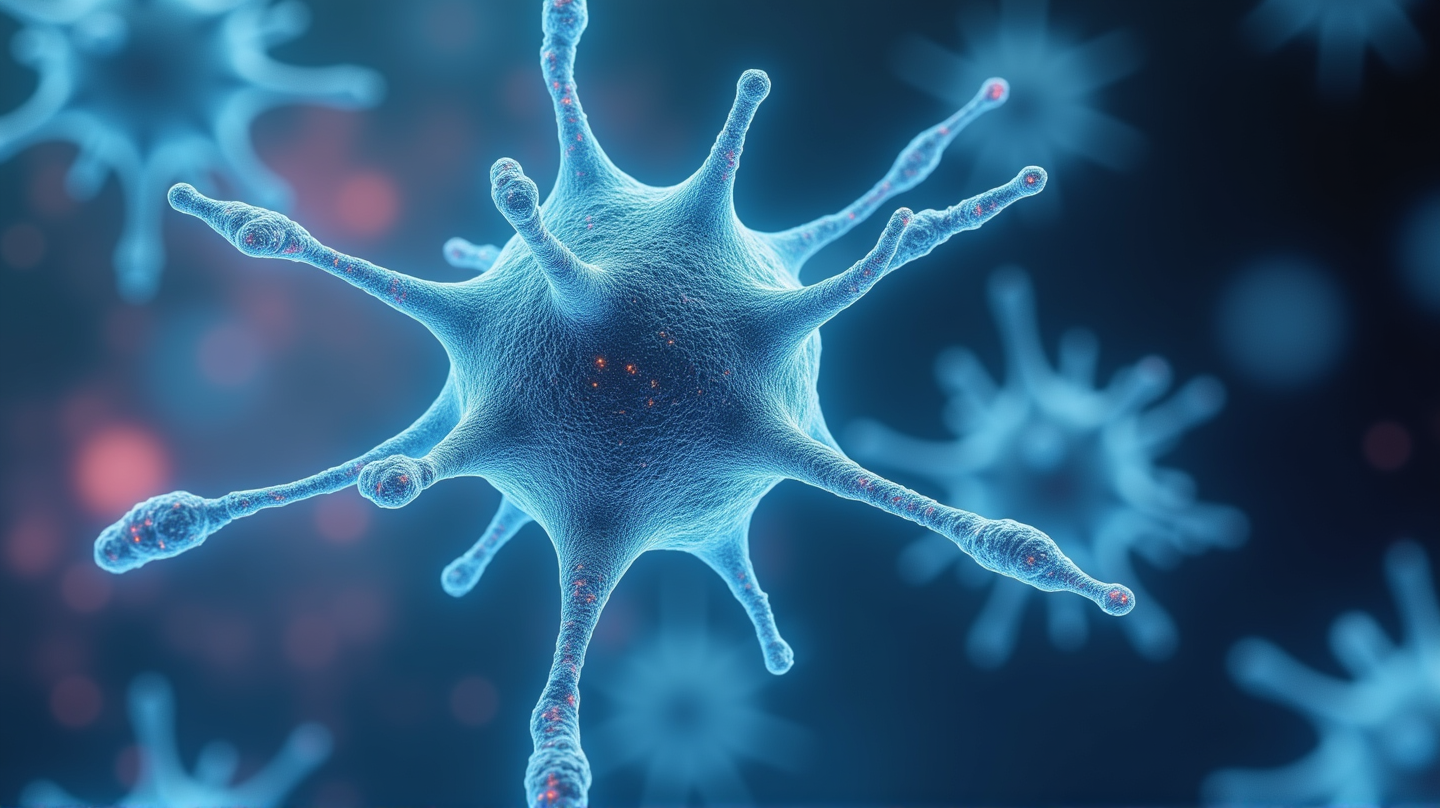Revolutionary Nanoparticle Discovery: A New Dawn for Biologics
Researchers reveal a groundbreaking nanoparticle technology with potential to make biologic medicines and vaccines more accessible worldwide.

In a significant advancement poised to transform healthcare, researchers at the University of Chicago’s Pritzker School of Molecular Engineering have unveiled an innovative nanoparticle technology. This groundbreaking discovery holds the potential to broaden access to biologic medicines and vaccines that are crucial in treating numerous ailments, including some that were previously deemed untreatable.
The Promise of Nanoparticles
Nanoparticles, tiny marvels of technology, offer a promising avenue for the delivery of biologics—complex molecules derived from living cells—without the traditional barriers of unstable formulations and limited delivery methods. This new approach promises to enhance the stability and efficacy of biologics, potentially reducing costs and making them accessible to a broader audience.
Enhancing Stability and Efficacy
Biologics are sensitive and often unstable when exposed to environmental changes, leading to challenges in delivery and preservation. The University of Chicago team’s breakthrough in nanoparticle encapsulation could overcome these hurdles, ensuring stability and enhancing the therapeutic efficacy of biologics. This development not only promises to increase the reach of these medicines but also to maintain their potency longer.
Overcoming Traditional Barriers
Historically, the production and distribution of biologics have been plagued by high costs and complex logistical challenges. This novel nanoparticle technology could revolutionize this landscape by simplifying production processes, reducing costs, and enabling easier distribution, especially to remote or under-served communities.
Global Impact and Future Prospects
The implications of this research extend far beyond local borders. If successfully scaled, this technology can change the way we approach vaccine distribution and accessibility to critical medicines globally. As stated in News-Medical, these advancements promise a brighter future—a future where high-quality healthcare is not a privilege but a universally accessible right.
Conclusion
In conclusion, the University of Chicago’s foray into nanoparticle technology marks an exciting milestone in medical science. It represents hope and innovation in addressing the pressing need for accessible, effective medications across the world. Continued research and development in this field promise to unlock new potentials and opportunities for global health improvement.





